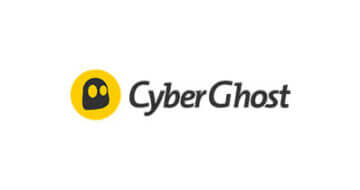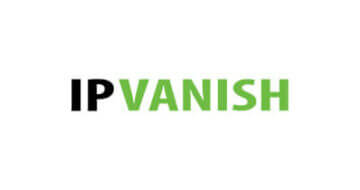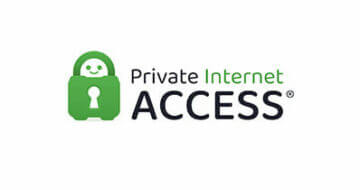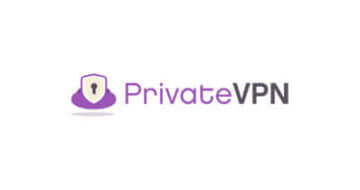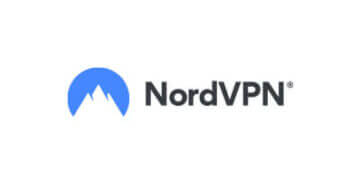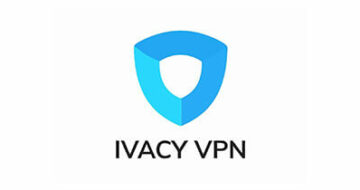How does a VPN Work?
VPN stands for Virtual Private Network. It represents a modern technology that provides an encrypted connection over another network that doesn’t have such a level of security as the Internet.
So, when someone asks how does a VPN work, the most straightforward answer you can give is that it provides the protection that regular networks can’t promise. Of course, all VPNs rely on the Internet to transfer data.
With the help of a VPN, only authorized users can access the network, and data can’t be intercepted by unauthorized parties (hackers, government agencies, etc.). Many experts compare this technology to a virtual tunnel created to transfer information between a network of a company and a remote user, for example. Thanks to a VPN, the data you share online and your IP address are hidden.
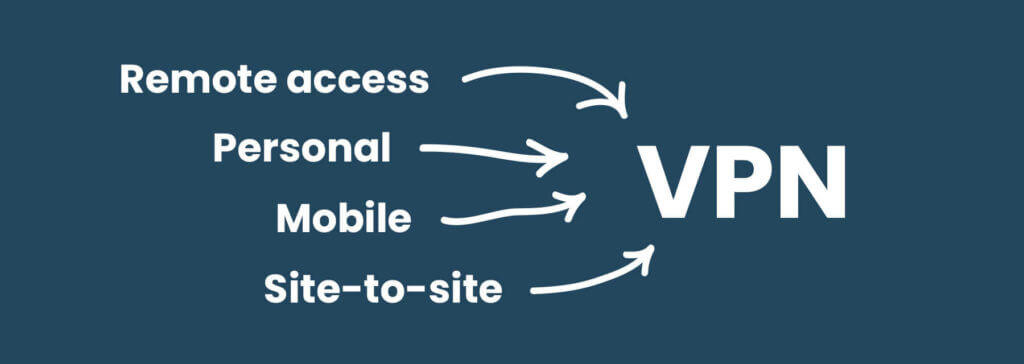
Types of VPN protocols
“What is a VPN” is a common question today, and one should analyze the various VPN protocols to answer this question. They represent sets of instructions or rules regulating how the data between a device (computer, smartphone, router, etc.) and the VPN server is transferred.
These protocols help VPN service providers deliver secure and stable connections. Keep reading this part of our guide to getting an answer to a very complex question – what is a VPN connection.
The rapid technological advancement increased the number of VPN protocols. Each of these protocols has specific pros and cons, so we can’t say there’s the best option for all users. Yet, a few of them are used more than the others.
Best VPN protocols
First, we will mention the PPTP solution. PPTP stands for Point to Point Tunneling Protocol, created by US Robotics, Microsoft, and a few other companies. PPTP is among the first VPN protocols, and it’s integrated into many operating systems and provides excellent speeds.
You don’t need special knowledge to set it up; you can use it to unblock geo-restricted content. All these things sound ideal, but there are many downsides. This protocol is monitored by the NSA; hence you can’t expect anonymity and privacy. Modern VPN service providers don’t use this protocol.
Then we have L2TP or Layer 2 Tunneling Protocol. It represents an addition to the PPP Protocol (the PPP creates connections between two computers or nodes). So, with its help, you can expect a high level of security, especially compared to PPTP.
You should look for a solution that integrates IPSec to get the most from it. The latter was created by the Internet Engineering Task Force. This is the part that vouches for your safety and privacy. It’s good to know that it encrypts data to military standards. The only potential downside is the slow speed in some cases.
Another protocol you can find in many VPN services offered today is the IKEv2. IKEv2 is short for Internet Key Exchange volume 2. In this case, you are looking at a VPN developed by Cisco and Microsoft.
It includes IPSec for authentication and encryption, just like L2TP. With IKEv2, you can expect a safe, stable, and fast connection. Even when there are interruptions in your connection, the network changes are managed without any hassles.
Finally, we will mention Wireguard, a protocol used by some of the best VPN service providers. Some of them have created a unique solution based on Wireguard. In other words, they have further improved it. Wireguard uses Linux and promises excellent results. Setting up this option is easy, and on top of that, you can expect ultra-fast speeds and exceptional reliability.

The advantages of VPN
So, what does a VPN do? What makes this network solution so popular? To start with, a good VPN will help users prevent data theft and protect their information shared on the Internet. We are not talking only about sharing financial or personal information but also your general online activities.
Without a VPN, it will be easy for your Internet Service Provider (ISP) to track your online activities. The same goes for various government security agencies. They can check what you have downloaded, which websites you have visited, and so on.
When using a VPN, this information is encrypted. In addition, most VPN providers follow a no-logs privacy policy which means that they don’t store or share your online activity with anyone.
Restrictions and VPN’s
VPNs also help users access geo-restricted content. You have probably encountered sites that inform you that you can’t open them because the content is unavailable in your country. You will not have any problems accessing these websites when you are logged onto a VPN server in accepted countries.
But, even when you are allowed to open specific sites or use streaming services, the features might be limited due to your current location. Let’s take Netflix, for example. The US Netflix has over 6,000 movies and TV shows, while the Japanese Netflix has around 5,300.
This difference is due to copyright and broadcasting laws in the countries. When you use a good VPN, you can access US Netflix, Japanese Netflix, and other versions of this streaming service with the help of the servers provided by the VPN company.
It’s also a good idea to use this option when connected to public Wi-Fi. We know how unreliable these connections can be. Skilled hackers can easily access your laptop, tablet, or smartphone when connected to an unsecured Wi-Fi network. The situation is different when you are using a VPN.
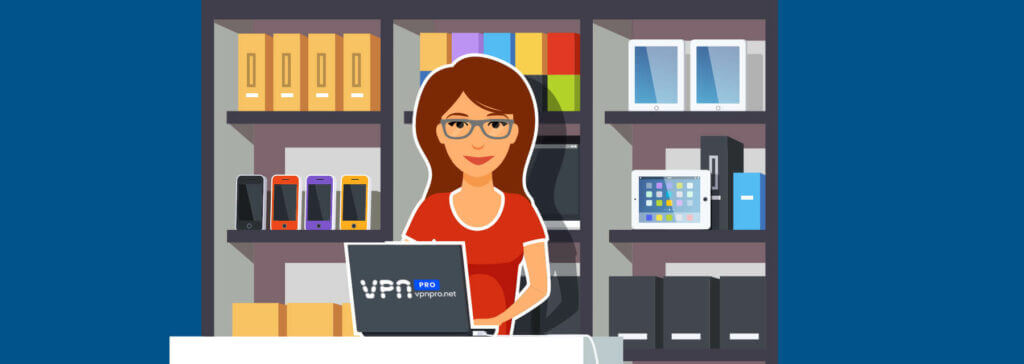
What is a VPN Server?
A VPN server enables hosting and delivery of VPN services. A server itself refers to the server software that is executed on a computer in connection with data communication, and the computer that executes the software.
VPN server is a combination of VPN hardware and software technologies that serves the VPN clients with connectivity to a secure private network.
A few other things you should know about VPN
If you conduct research, you will notice that dozens of VPN service providers are out there. Some of them promise free services. In our opinion, there are only a small number of situations where users can benefit from such solutions.
These free VPNs usually provide access to just a few servers in two or three countries. You can also expect slow speeds (streaming is almost impossible in this case) and outdated protocols that make your connection vulnerable to attacks.
On the other hand, there are several excellent paid options on the market, like ExpressVPN, NordVPN, CyberGhost, SurfShark, and VyprVPN.
What they all have in common is the use of state-of-the-art VPN protocols, valuable features for desktop and mobile users, apps designed for almost all modern devices (Smart TV, smartphones, tablets, desktop computers, routers, etc.) and operating systems (Android, Windows, macOS, iOS, etc.) and access to thousands of servers across the world.
Of course, users should be prepared to pay a certain amount of money for using these professional VPN services. Regardless of the brand, opting for longer contracts to reduce prices is always better.
We hope that this guide helped you get an answer to the famous question – what is a VPN.
